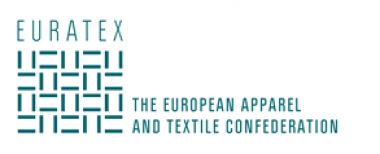NCTO: Coalition are urging Support for De Minimis Provision in House America COMPETES Act
A broad coalition of industry and labor groups has sent a letter to House and Senate leadership urging support for the Import Security and Fairness Act (included in the broader House America COMPETES Act), which aims to stop China from exploiting the de minimis threshold that allows imports valued under $800 to come into the United States without paying duties and taxes, bypassing U.S. Customs inspections and providing a backdoor to Chinese goods produced with forced labor.
The coalition sent the letter to Senate Majority Leader Charles Schumer (D-NY), Senate Minority Leader Mitch McConnell (R-KY), Speaker of the House Nancy Pelosi (D-CA) and House Minority Leader Kevin McCarthy (R-CA), urging the leaders to strongly support and prioritize the provision in the underlying China bill.
The letter was signed by the following organizations:
- AFL-CIO
- Alliance for American Manufacturing
- Coalition for a Prosperous America
- International Brotherhood of Teamsters
- Narrow Fabrics Institute
- National Council of Textile Organizations
- Service Employees International Union
- U.S. Footwear Manufacturers Association
- U.S. Industrial Fabrics Institute
- United Steelworkers
- Workers United/SEIU
See the full letter here.
NCTO









